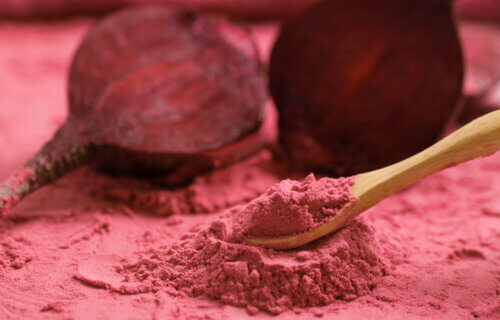LONDON — Trendy beetroot juice supplements can lower blood pressure and improve exercise capacity among patients with severe lung conditions, according to a new study. The research, focusing on patients with chronic obstructive pulmonary disease (COPD), finds that a 12-week regimen of daily beetroot juice supplementation led to reduced blood pressure and increased the distance patients could walk in six minutes.
Beetroot juice, widely used by elite athletes, is known for aiding recovery after intense physical activity. Its popularity surged among sports professionals after Leicester City players attributed their faster recovery and injury prevention during their unexpected Premier League title win in 2016 to the juice.
COPD, encompassing chronic bronchitis and emphysema, affects approximately 400 million people globally. This condition hinders breathing and drastically limits physical activity, increasing the risk of heart attacks and strokes.

The study, conducted by Imperial College London, compared a concentrated beetroot juice high in nitrate with a placebo that had the nitrate removed but maintained a similar taste and appearance.
“There is some evidence that beetroot juice as a source of nitrate supplementation could be used by athletes to improve their performance, as well as a few short-term studies looking at blood pressure,” says lead researcher Professor Nicholas Hopkinson in a media release. “Higher levels of nitrate in the blood can increase the availability of nitric oxide, a chemical that helps blood vessels relax. It also increases the efficiency of muscles, meaning they need less oxygen to do the same work.”
The research included 81 COPD patients at the Royal Brompton Hospital in London with systolic blood pressure over 130 mmHg — the top or first number in a BP reading. Systolic blood pressure, ideally between 90 and 120 mmHg, is the peak pressure when the heart beats. The study assessed patients’ blood pressure and walking distance over six minutes at the start and end of the trial.
Participants were randomly assigned to either the nitrate-rich beetroot supplement or the placebo for 12 months. Those on the nitrate-rich supplement showed a notable systolic blood pressure reduction of 4.5 mmHg and could walk about 30 meters (98 feet) further in six minutes compared to the placebo group.
“At the end of the study, we found that the blood pressure of people taking the nitrate-rich beetroot juice drink was lower and their blood vessels became less stiff,” says Prof. Hopkinson. “The results are very promising, but will need to be confirmed in larger, longer-term studies.”
The study is published in the European Respiratory Journal.
You might also be interested in:
- Children who regularly eat meat more likely to develop symptoms of COPD, asthma
- Beetroot juice can significantly increase muscle force while working out
- 5 Great Foods For Antioxidants — One Of Them Is Chocolate!
South West News Service writer Stephen Beech contributed to this report.


The revelation that beetroot juice supplements enhance endurance in COPD patients is promising.